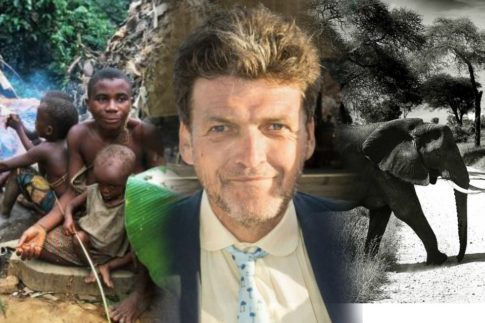Some people still don’t get Climategate.
The main lesson – according to today’s Guardian – is that ‘climate scientists’ have done nothing actually wrong but that in future they should improve their cover-up skills just in case:
But like politicians before them, climate scientists are learning the hard way that sticking to the rules is not enough – they must also to be seen to be sticking to them.
And the other lesson, apparently, is that ‘deniers’ who write stories about such things are just stupid, ignorant scuzzballs:
For one thing, as well as the proper scepticism of the inquisitive mind, which all scientists face, they must tackle the talk-show brand of bastardised scepticism that is borne [sic] of wilful ignorance.
Meanwhile, today’s Times – the paper which boasts it has more environmental correspondents than any other publication: gotta use them somehow, I suppose – prints a special, glossy, Copenhagen-themed supplement about global ecodoom. On the cover there’s a picture of a pretty clownfish nestling amid an anemone. The coverline shouts:
“Losing Nemo: Is it too late to save the ocean?”
Inside “11 Climate Change experts” are asked to name reasons to be cheerful about the “post-Copenhagen world”.
Ed Miliband, British Secretary of State For Energy and Climate Change:
“I think it’s a question of political will, of mobilising the public.”
John Sauven, Executive director of Greenpeace:
“I find it very empowering that you can now have solar panels on your roof and generate hot water from the sun..”
Franny Armstrong (director of the most embarrassingly bad eco-doom movie in the history of cinema The Age Of Stupid):
“Personally I’m relieved that it turns out our generation has something extremely important to do.”
Elsewhere in the supplement, another writer wonders why on earth it can be we’re so reluctant to stop taking flights, turn down our heating and generally try to make our lives more primitive and miserable. Her conclusion? Because of our sense of powerlessness. The threat of climate change is so great, apparently, that rather than deal it we retreat into denial mode.
“When we can’t actually remove the source of our fear, we tend to adapt psychologically by adopting a range of defence mechanisms,” explains Tom Crompton, “change strategist” for the WWF.
In other words not believing in ManBearPig is psychopathology rather than rationalism.
Read moreClimategate: Which part of ‘over’ don’t these people understand? – A quick idiot’s guide to why Climategate does matter






